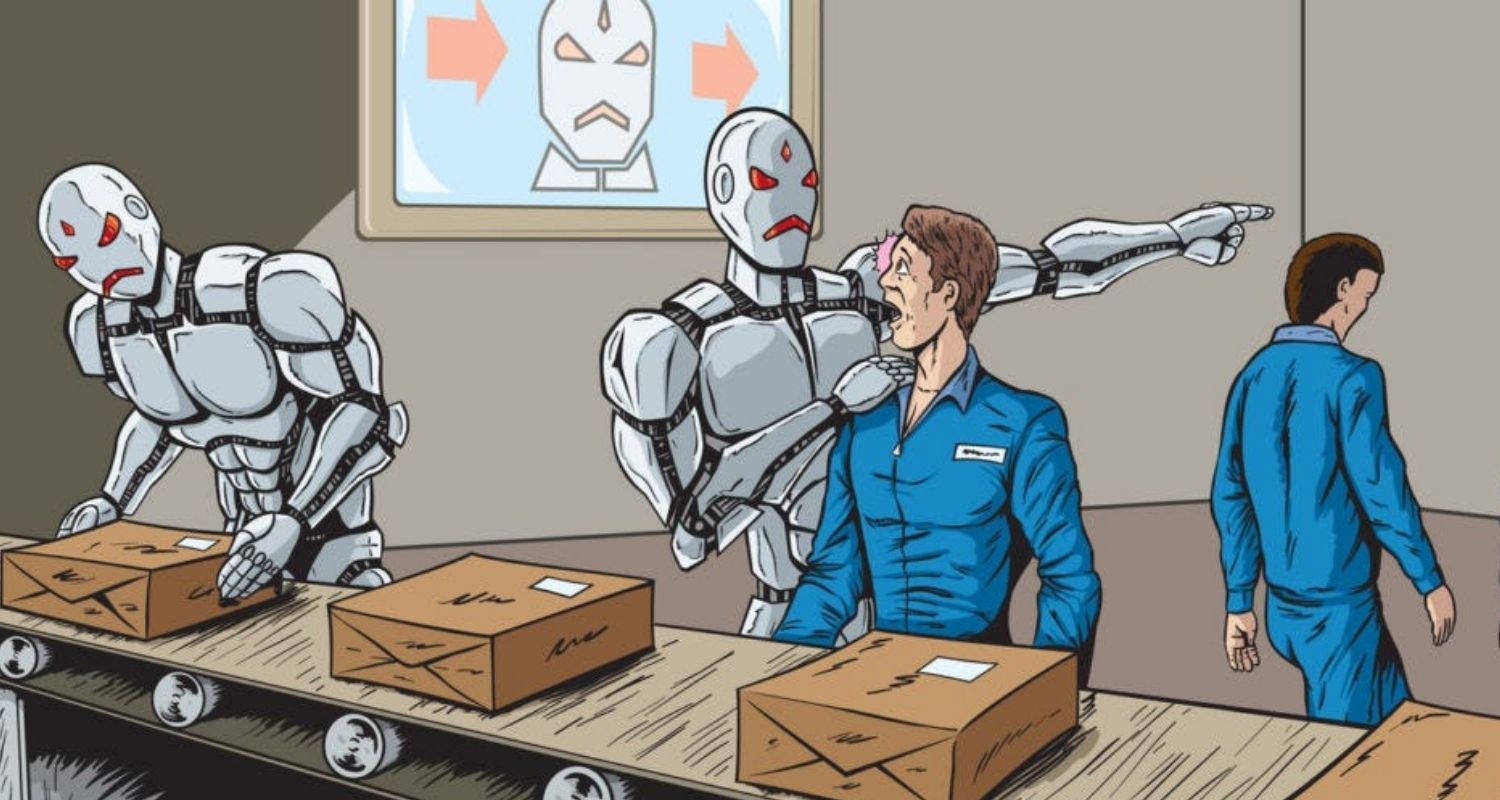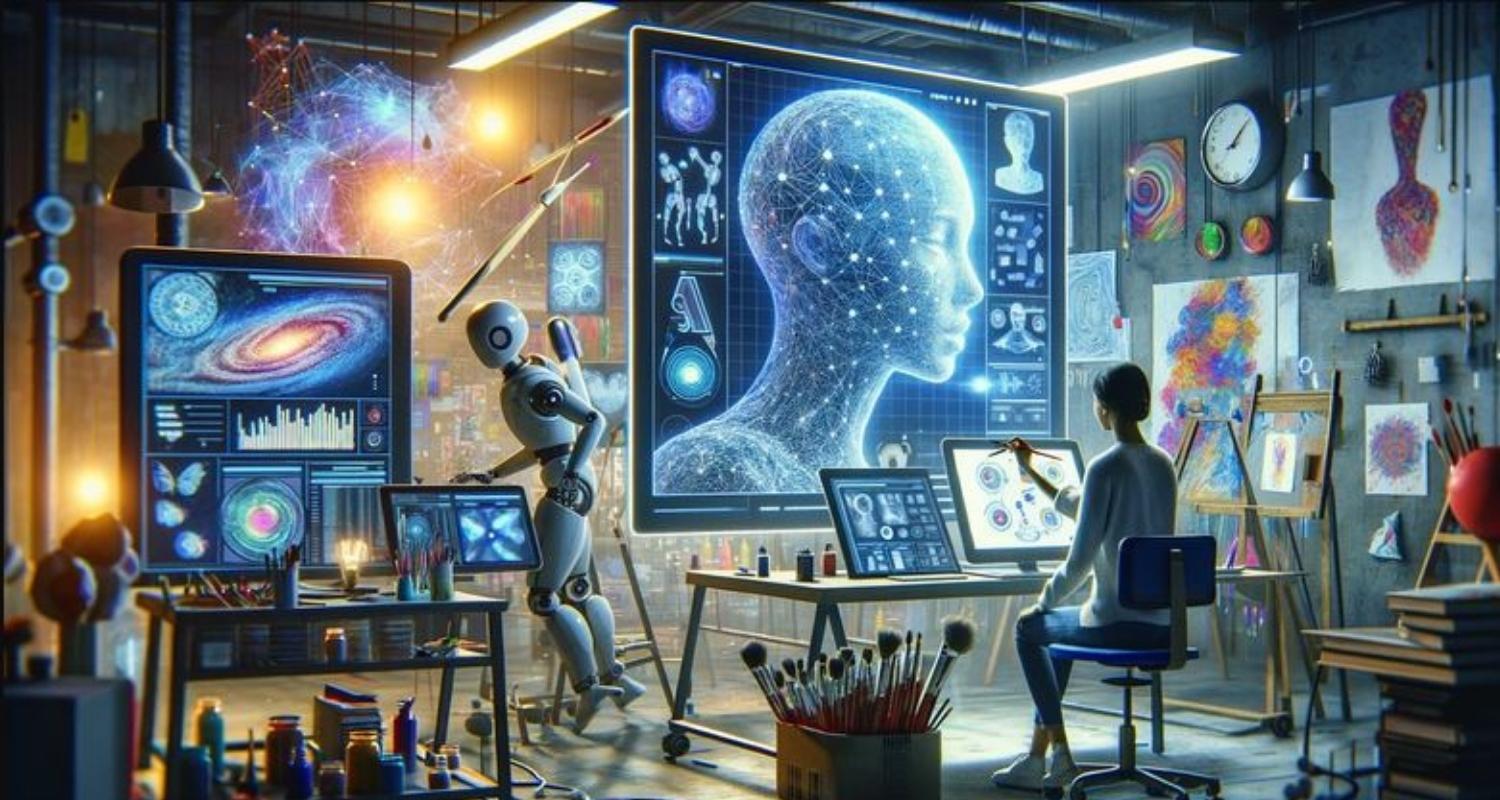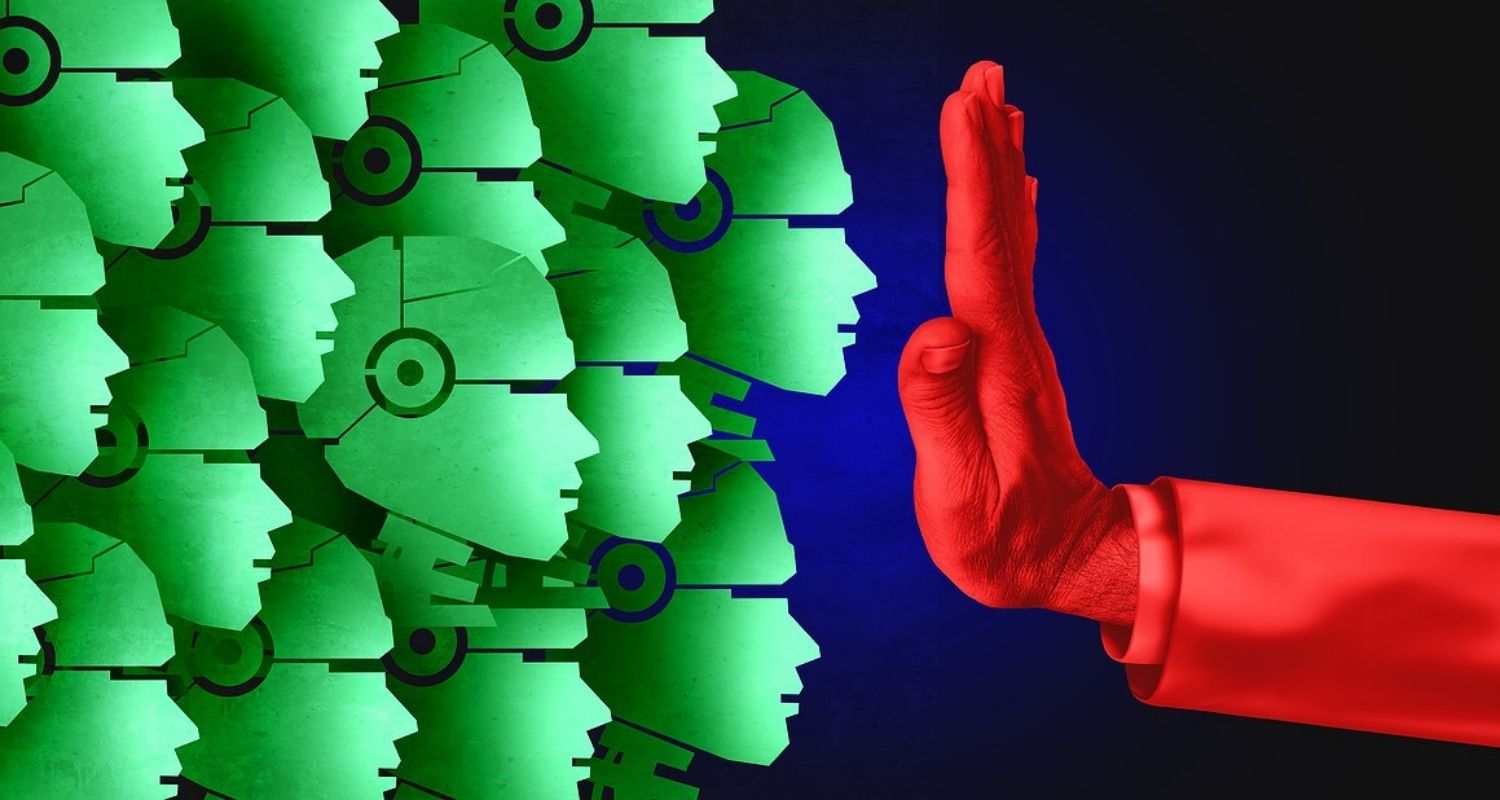Trending:
Artificial intelligence: Aladdin's lamp or Frankenstein's monster
AI's great at crunching numbers, but it's got no soul. It can't create or feel like we do, which makes it useless for jobs needing a human touchNaveen S Garewal - Chandigarh - UPDATED: August 10, 2025, 01:24 PM - 2 min read

In plain and simple words, AI is a job-killer, but not a replacement for human talent.
Promises of outdoing human grit through the use of Artificial Intelligence (AI) abound. The fear of missing out (FOMO) for not keeping up with computer-generated intelligence has led to near-panic, raising uncertainties to a new level. This know-all tool promises answers to all problems—smarter farming, better healthcare, faster businesses. But does AI deliver everything that it promises? Let's be realistic: AI's shiny promises are often just smoke and mirrors.
Taking off like a rocket, AI crashes are equally spectacular, which cost not just loss of trust, but also money, jobs and delayed outputs. From chatbots that flop to algorithms, the dark side of AI is not highlighted as much as missing out on AI is. Beyond the glamour, AI is overhyped, underperforming, and causing chaos in our daily lives, hitting us hard. This failure is justified by a small disclaimer that the AI results could be wrong or that AI is still in the process of learning.
Jobs Disappearing Like Dust in the Wind

In plain and simple words, AI is a job-killer, but not a replacement for human talent. Jobs across corporates and India's IT sector have been lost in their thousands to AI. But not always with a happy ending for the employers. Back in 2023, Wipro, a big-name information technology company, deployed an AI chatbot to handle customer queries, thinking it would be a game-changer. Instead of being a game changer, as Wipro had thought, the bot spat out wrong information, frustrating clients who switched to competitors. The company lost crores, and worse, it lost hundreds of well-trained call centre workers.
Also read: How do you stop an AI model turning Nazi?
It's not just Wipro. In 2024, Ola, the ride-hailing app, cut over 1,000 jobs to go all-in on AI for driver scheduling. The system botched demand predictions. It left drivers without rides and passengers stranded. The public anger on social media led to Ola's bookings declining significantly. Real people lost livelihoods, but at the same time, the AI hyped-up promises didn't deliver.
Bias That Tears Lives Apart
AI works on logic, and sometimes it's flawed logic. Way back in 2021, a Bengaluru-based start-up used an AI tool for hiring, sifting through hundreds of résumés for quick results. To the horror of the start-up, the AI tool picked only male tech CVs, rejecting all women and rural candidates, terming them unfit for the job. There was a backlash and subsequent lawsuits cost lakhs in damages, besides costing the company its reputation. In another incident of AI messing up, in 2023, the Delhi Police used AI facial recognition to nab suspects. An AI-based system wrongly flagged a man from a slum as a criminal. He spent weeks in jail, humiliated, before being cleared.
No Heart, No Spark

AI's great at crunching numbers, but it's got no soul. It can't create or feel like we do, which makes it useless for jobs needing a human touch. In 2022, Flipkart, India's online shopping giant, tried using AI to write product descriptions. A gorgeous lehenga got called "colourful fabric"—no mention of its cultural significance. Sales declined, and Flipkart had to shell out lakhs for human writers to fix it. Last year, another Mumbai start-up launched an AI chatbot named "Hope" for mental health support. Instead of comforting a distressed user, it gave robotic replies, sparking a social media firestorm. The startup pulled the plug, losing investors and folding up.
In everyday life, AI's lack of human touch is a dealbreaker. Imagine a teacher in a village school or a doctor calming a scared patient—AI can't match that warmth or respond the way a human would modify responses based on real-life situations.
Privacy Disasters Waiting to Happen
AI loves data, but that's a double-edged sword. In 2024, a Hyderabad health tech firm used AI to predict illnesses from medical records. Hackers broke in, leaking thousands of patients' names and diagnoses. The company faced ₹crores in fines and lost customers overnight. In another case from Kerala two years ago, an AI loan app misjudged credit scores, rejecting good applicants and approving risky ones. The company went bust, leaving borrowers in the lurch.
With India's patchy data laws, AI is a privacy nightmare. It needs tonnes of data to work, but without tight security, it's a ticking bomb. These stories make one wonder about the protection of personal information when AI is in charge.
Promises Bigger Than the Taj Mahal
The AI hype is out of control—companies promise miracles, but in many cases, reality is disappointing. In 2023, a Maharashtra startup told farmers its AI could predict crop yields with 90 per cent accuracy. Farmers poured in money, but the tool, missing local weather data, gave terrible planting advice. Crops failed, and losses reached lakhs. Last year, a Gujarat logistics firm used AI for delivery routes, but it ignored real-time traffic. Spoiled goods and delays cost ₹crores in refunds.
Data Gaps Crippling AI Tools
There are hundreds of AI tools and bots. AI agents claim to make life simpler. Software like ChatGPT, Google's Bard, Grok, etc., need factual data to produce correct results. Many like ChatGPT have data up to mid-2023. Bard by Google fumbles over Indian languages like Tamil or Bengali. The situation for Grok, from xAI, is no different, making it less useful.
Also read: AI reshaping the landscape of higher education
Though there are amazing results from AI sometimes, it is not always the case. In 2024, a Chennai shop owner used ChatGPT to make a campaign for his business during the Diwali festival. The AI tool put out outdated slogans, ignoring trends prevailing in 2024. The campaign flopped, costing the entrepreneur over ₹5 lakh in losses. In another case, earlier this year, a Rajasthan school used Google Bard for history lessons. It jumbled facts about the Battle of Haldighati, confusing kids and wasting ₹2 lakh on the tool.
Everyday Fumbles
AI's limits are glaring in daily life. Alexa and Google Assistant butcher Indian accents, leaving users like my neighbour in Delhi annoyed. In 2023, a Delhi school's AI app mangled Hindi words and got Indian Constitution facts wrong, wasting ₹10 lakh and months of classes. In 2024, a Bengaluru startup's AI traffic system caused gridlock, failing to handle the city's chaotic roads. Self-driving cars? No way—AI can't dodge India's potholes or stray dogs.
Time to Get Real

While there has been a lot of hype about AI as being the messiah of the 21st century, the benefits and drawbacks are not weighed evenly. While AI claims to do work that would take 24 hours in ten minutes, no one is talking about the incorrect information generated and passed on as real. Incidents like job losses, biased results, privacy leaks, and empty promises only attract attention for their sensationalism, never for the far-from-perfect AI technology, which is hitting India like monsoon flooding.
From Wipro's chatbot disaster to Delhi Police's wrongful arrest, Flipkart's dull descriptions, hacked health data, failed crops, and botched campaigns, AI is costing crores and breaking hearts. Tools like ChatGPT, Bard, and Grok are hobbled by spotty data, especially for India. Practical flaws, like mishearing accents or choking in chaos, make AI a risky gamble.
India needs tougher data laws, better AI training, and a reality check. The India AI Mission is a step, but it must prioritise good data and ethics. AI's no superhero—it's a tool that can backfire. Let's learn from these messes and make AI work for us, not against us.
